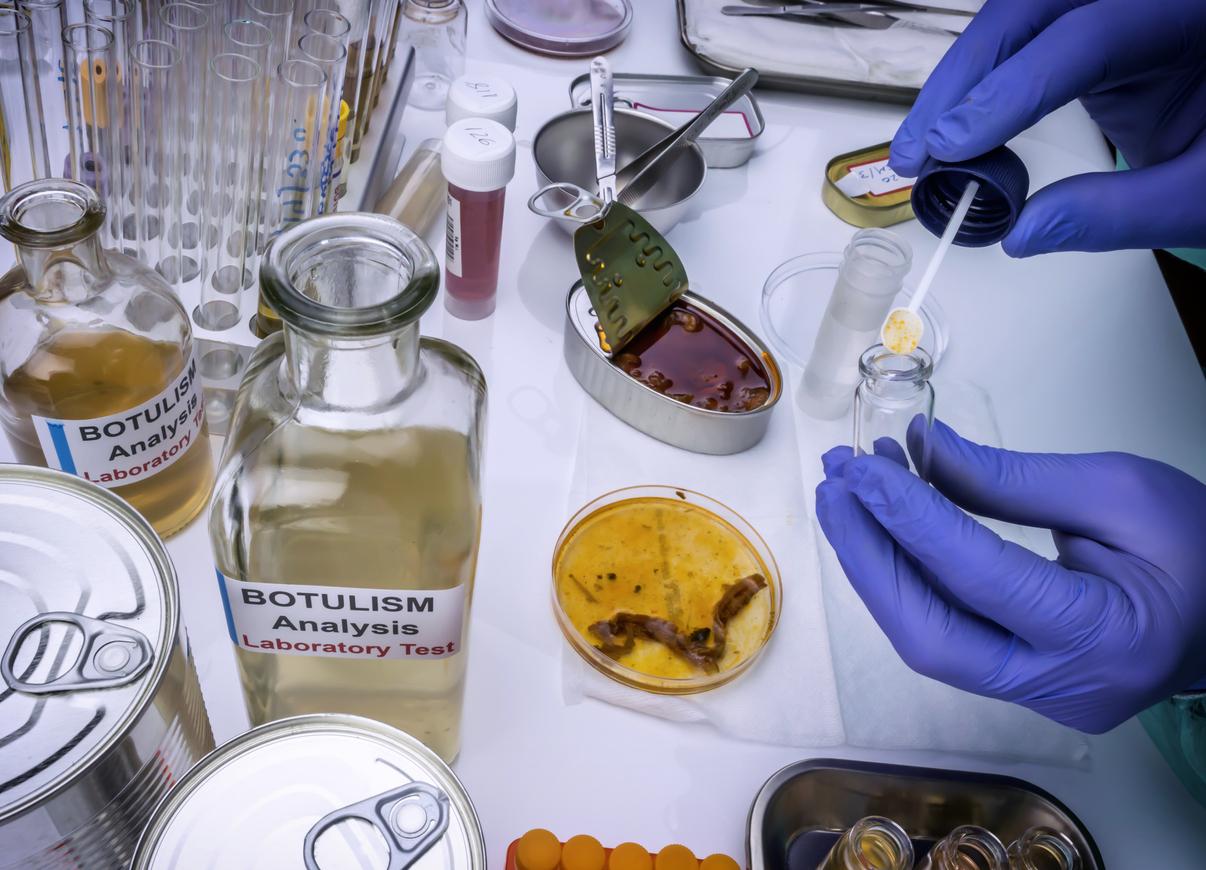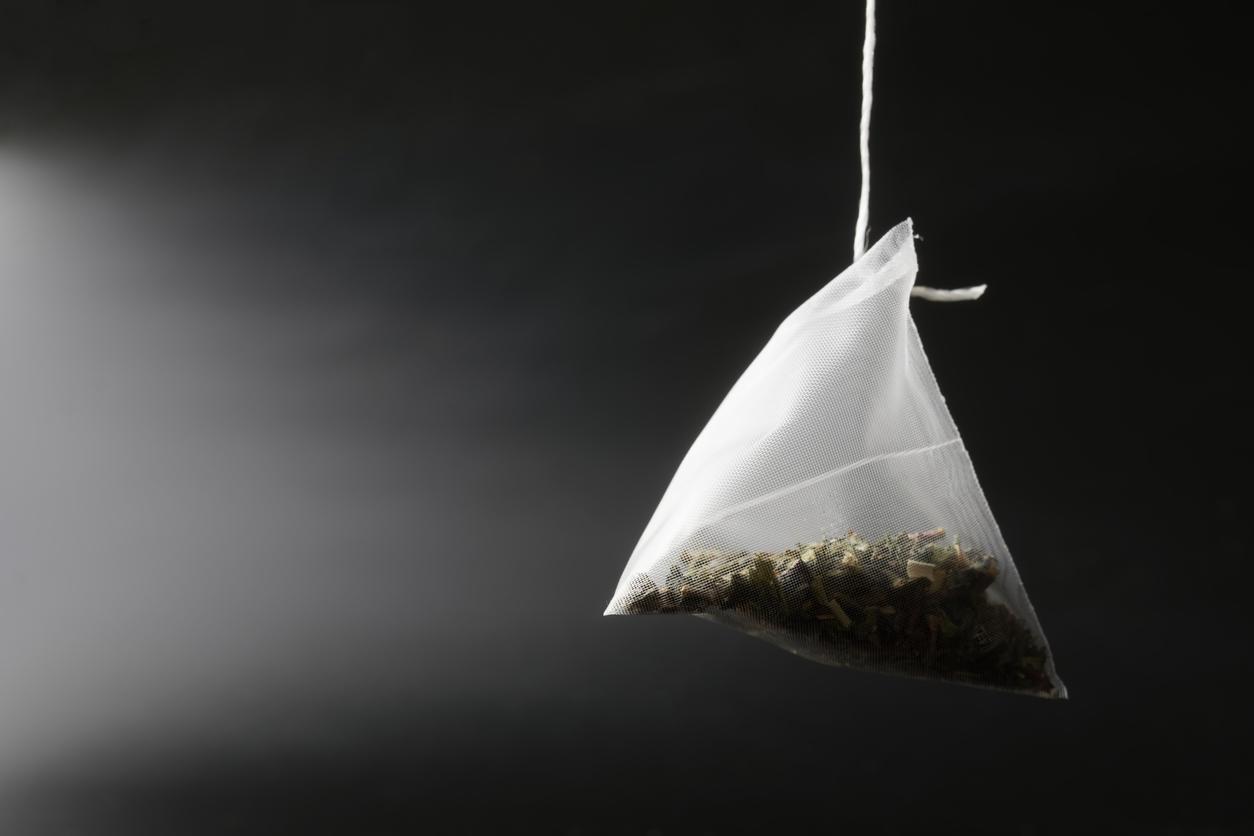15 products manufactured by La ferme au délice royal are the subject of a recall due to “a botulinum risk”.

- 15 products manufactured by La ferme au délice royal are the subject of a recall due to “a botulinum risk”.
- “These products were manufactured and/or stored in conditions that do not provide satisfactory health guarantees. They are therefore likely to present a danger to the health of consumers,” indicates the government website Rappel Conso.
- Food botulism is the most common form in France.
15 products manufactured by La ferme au délice royal are subject to a recall due to “a botulinum risk”, alert the government site Consumption reminder. These include foie gras, terrines and duck confit.
Reminder: canned duck presenting a “botulinum risk”
“These products were manufactured and/or stored in conditions that do not provide satisfactory health guarantees. They are therefore likely to present a danger to the health of consumers,” can also be read on the web page. “We should no longer consume them”therefore indicate public health experts.
#ProductRecall Duck confit 10 fins – La Ferme au Délice Royale
Risks: Labeling, manufacturing, sealing or packaging anomalies
Reason: Botulinum Risk. Lack of health validation from the competent authoritieshttps://t.co/SGbw3nYSKl pic.twitter.com/s6xqEzWaEg
— RappelConso (@RappelConso) February 14, 2024
Five months ago, canned sardines served in a Bordeaux restaurant had already triggered around fifteen cases of botulism. “To date, one person has died and 8 people have been hospitalized” precise the general directorate of health (DGS). “All cases attended the same establishment in Bordeaux between Monday September 4 and Sunday September 10, 2023 and all cases consumed sardines in a jar made by the restaurateur”, adds the institution.
Canned duck recall: what are the symptoms of botulism?
The incubation time for foodborne botulism can range from a few hours to a few days. There is usually no fever but symptoms of this condition include, to varying degrees:
– early digestive signs which may be fleeting (abdominal pain, nausea, vomiting and diarrhea),
– eye damage (failure to accommodate, blurred or double vision),
– dry mouth accompanied by difficulty swallowing or even speaking,
– neurological symptoms (wrong paths, more or less severe paralysis of the muscles).
“The treatment of botulism is essentially symptomatic and requires, in severe forms, intensive respiratory care with assisted ventilation. Administration of botulinum antitoxin in the hours or first days after the onset of symptoms may shorten hospitalization time. specifies the DGS.
Food botulism is the most common form in France. Other modes of transmission (by injury, respiratory, iatrogenic) are exceptional.
“Botulism is caused by preserved foods allowing growth of C. botulinum with toxin production, but also not having undergone prolonged and non-acidic heat treatment such as canned family preparations, cured meats (meat, fish) or even vacuum-packed and refrigerated foods,” specifies the research director at Institut Pasteur Michel-Robert Popoff in the Practitioner’s Review.















